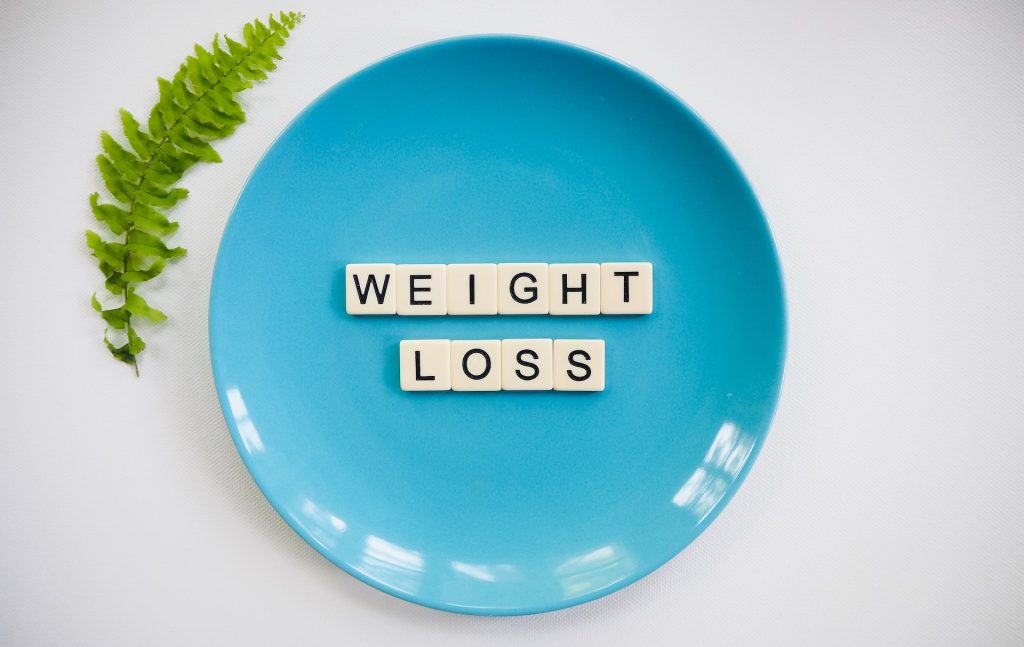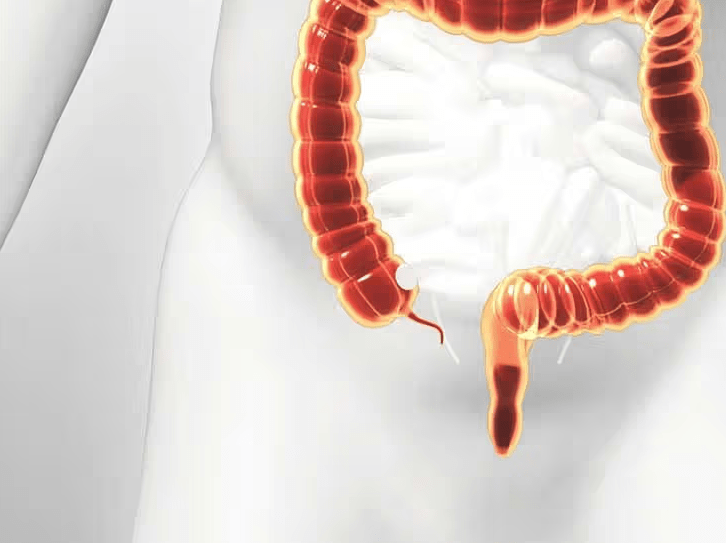Trying to shed those extra pounds? Look no further for a sustainable approach to weight loss. Quick fixes might seem tempting, but for lasting results, it’s important to adopt science-backed strategies that prioritize your long-term health. Let’s look into six simple steps that can make a significant difference on your weight loss journey.

Eat a Balanced Plate
Creating a balanced plate is the cornerstone of a healthy eating plan. Ensure each meal contains a mix of protein, healthy fats, vegetables, and complex carbohydrates. Protein is your ally in preserving muscle mass while helping you feel full, reducing cravings and unnecessary snacks. Vegetables, such as leafy greens, tomatoes, bell peppers, and more, provide essential nutrients without excess calories. Don’t forget healthy fats like olive oil and nuts, but consume them in moderation.
Combine Cardio and Weight Training
Exercise is a key player in any weight loss journey. The Physical Activity Guidelines for Americans recommend a mix of cardio workouts (walking, jogging, cycling, swimming) and weight training for optimal health. Always consult with a doctor before starting a new exercise plan to ensure it aligns with your health status.
Boost Your Fiber Intake
Fiber is a secret weapon in weight loss. It moves slowly through your digestive tract, keeping you fuller for longer periods. Found in fruits, vegetables, whole grains, and legumes, fiber also stabilizes blood sugar levels and supports overall digestive health. Aim to include two cups of fruit and six ounces of grains in your daily diet.
Practice Mindful Eating
Understanding your body’s signals is crucial in preventing overeating. Embrace mindful eating by slowing down during meals, recognizing genuine hunger versus emotional cravings, and savoring the variety of textures and colors on your plate. Eating slowly allows your brain to catch up with your stomach, helping you distinguish between true hunger and fullness.

Choose Water Over Sugary Drinks
Drinking plenty of water can aid weight loss by reducing overall food intake, particularly when consumed before meals. Opt for water or low-calorie beverages over sugary drinks to cut down on unnecessary calories. Adequate hydration also supports exercise performance and overall bodily functions.
A Good Night’s Rest Matters
Incorporating sufficient sleep into your routine is a game-changer for weight loss. Research suggests that individuals who consistently sleep less than seven hours per night are more likely to have a higher body mass index. Sleep deprivation can also affect hunger and appetite hormones. Aim for at least seven hours of quality sleep each night to promote overall well-being.
What About Calories and Portion Control?
While counting calories may not be necessary if you’re following a balanced diet, it can be helpful to monitor your intake if you’re not seeing desired results. Use online calculators to estimate your calorie needs, but remember that eating too few calories can be counterproductive and even risky. Consult with a doctor to determine a sustainable and healthy calorie reduction plan.

Rapid weight loss might be tempting, but the key to success lies in adopting a balanced diet, staying active, and incorporating healthy habits into your lifestyle. While quick fixes might offer immediate results, sustainable weight loss is a gradual process. By embracing these science-backed tips, you’re not just losing weight – you’re investing in a healthier, happier you for the long haul.





